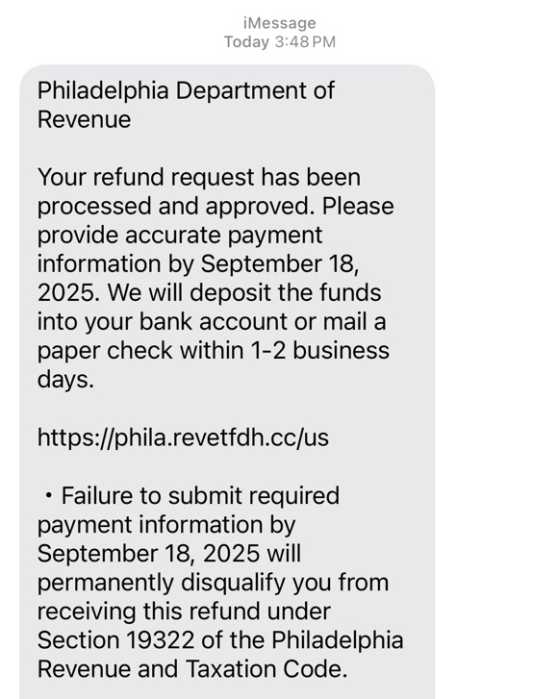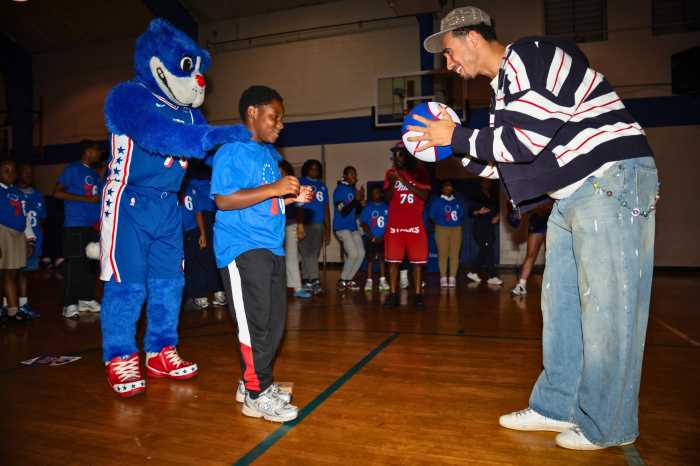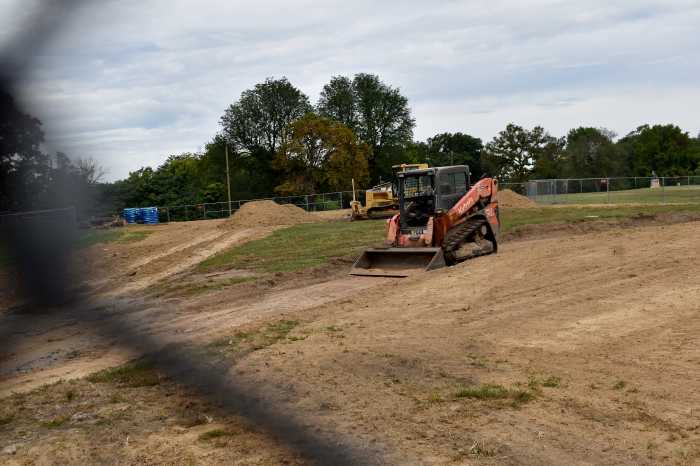As far as appreciative audiences go, the United States has long had a love affair with foreign films without overdubbing, and are all too willing to fill local live music venues when non-English speaking (or singing) musical artists come to town.
Why shouldn’t the same thing be true of stand-up comedy? Especially when you consider Philadelphia’s large, diverse Latino population and Hispanic speaking people.
Enter Led Varela, a beloved Venezuelan comedian, renowned as the Daily Show-like host of the program “La Sopa Venezuela” on E! Entertainment, reporter and scriptwriter for late-night “Chataing TV” on Televen. And on March 9, Varela will bring his self-critical humor to Helium Comedy Club on Sansom Street en ESPAÑOL, an all-Spanish language set with no translation or subtitles.
It’s about time.
Speaking via email through a translator, Varela proudly called his non-English, all-Spanish speaking tour across North America, not so much a “creative decision,” but just a logical extension of who he is as a successful artist.
“All of my life I have done stand-up comedy exclusively in Spanish,” says Varela. “When you manage to create a large enough audience, you can have shows in other cities where they speak other languages.”
To do this, one has to be aware of cities with large Spanish speaking communities, which means Varela being acutely aware of his social media presence.
“I have a show called “National Pride” presented in many cities in the United States, including Seattle, Dallas, New York, Boston, Orlando and many more,” says Varela. “We do not really do a study on how much public there is in each city. I work a lot with social networks and I’m always aware of which cities people write from. The public that goes to my shows is the public that knows me through social networks like Facebook, Instagram or YouTube. I’m not looking for an audience that doesn’t know me, but rather I work with the one I already have and grow from there.”
As a Venezuelan comedian whose country has experienced a large migration crises, Varela has grown his audience, in Spanish, from other nationalities.

“I think the best example is Mexican comedians who can do tours in Mexico and sell out everything, and can do the same thing in the United States, but in a country like Spain it would be more difficult for them because they don’t consume comedy in Spanish that isn’t from Spain. It is a complex subject.”
Varela’s roots in comedy are a fascinating mix of former jobs, almost careers and oddball inspiration. Of an origin story that nearly ended with a job in architecture, Varela says that he simply didn’t feel happy there, tried stand-up comedy and found, in expressing his humor, “the love of my life. I’ve been doing stand-up for 14 years now and I can’t imagine dedicating myself to anything else.”
As someone who writes and reports on what is the Venezuelan equivalent of our ‘Daily Show’ – ‘Chataing TV’ – Varela knows well the blend of making light of politics and social-culture dilemmas while presenting the hard facts.
“Right now, you can’t even take anything lightly because there is a pretty strong censorship that doesn’t allow comedy shows in any time slot, or on any radio station or TV channel,” he says, frankly. “In fact, most of the recognized comedians in Venezuela do not live there, they are established in cities like Miami, Santiago de Chile, Buenos Aires, Mexico City and Madrid.”
As for comedians in his youth who inspired Varela, Venezuelan, American or British, he is quick to say that his first contact with comedy was Monty Python’s ‘Flying Circus’ movies and the absurd comedies of the Zucker brothers like ‘Airplane’ or ‘Naked Gun’. “The first comedian I ever saw doing stand-up was Norm Macdonald, who is still my favorite comedian to this day,” says Varela of the dryly witty late comic.
Mentioning Macdonald again when I bring up the question of making political comedy in a moment of wartime strife, Varela points out how the late SNL comedian once said, (“and I am paraphrasing”) that political comedy is ephemeral and political jokes quickly lose validity and relevance. “Universal comedy, though has the possibility of lasting forever, I share his philosophy. However, currently in my show I talk about the experience of being a migrant. I speak, or try to speak about universal issues, precisely because I do shows in very different cities and people share the language, but not the differences between each city.”
Before the interview’s end, I tell Varela that an all-Spanish language – or the ethnicity of the comic coming from non-English speaking countries – stand-up show should be the norm, and not the exception. Is he hoping other Venezuelan speaking comedians do likewise?
“Comedian Eddie Izzard can do stand-up comedy in three languages, because he can,” says Varela. “I can do stand-up comedy in Spanish. And yes, other Venezuelan comedians do stand-up comedy in Spanish and there are many others who do stand-up comedy in English here in the United States, so there’s a bit of everything… I believe that one should speak in the language in which he can stand out in his career.”




























